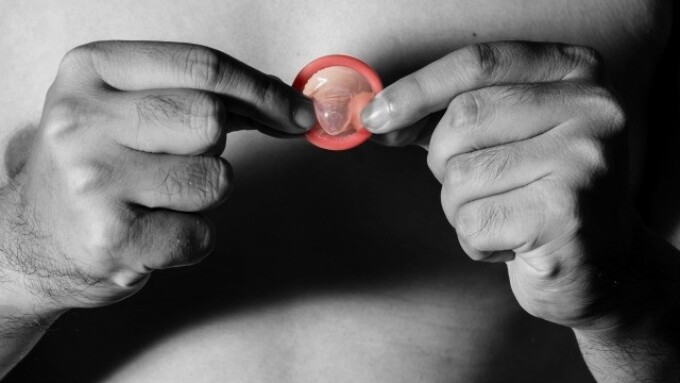SACRAMENTO, Calif. — The rulemaking body of Cal/OSHA has kept intact all of the proposed amendments to California Code of Regulations Title 8 § 5193, the current bloodborne pathogens law for adult entertainment productions.
Yesterday, Cal/OSHA’s Standards Board released a slightly modified version of the proposed Section 5193.1, which would mandate barrier protection, including condoms, to shield performers from contact with bloodborne pathogens, or other potentially infectious material during the production of films.
Modifications to the last draft of Section 5193.1 appear negligible and the proposed law still has the same teeth as it did in 2014.
Diane Duke, the Free Speech Coalition’s CEO, told XBIZ that she was disappointed that the Standards Board was deaf to the 100 commenters representing the adult entertainment and medical communities who traveled to San Diego this past spring for a public hearing on the proposed revised rules.
“Unfortunately, the Standard's Board disregarded testimony from top medical professionals, AIDS organizations, adult performers and experts from the industry in order to support the misguided moral crusade of one special interest,” said Duke, referring to the AIDS Healthcare Foundation, which has advocated for new rules in the adult filmmaking industry for years and petitioned Cal/OSHA to change the bloodborne pathogens law six years ago.
“Hopefully our message in the next phase of the process will be heard by the board and others and the appropriate changes will be implemented.”
Cal/OSHA’s Standards Board plans to make a final determination over the proposed new statute at a future business meeting.
A Cal/OSHA official told XBIZ today that it would be likely until next year — perhaps January, February or March — when the board would meet next over the fate of Section 5193.1. The agency's meetings are typically held in Sacramento, Oakland and Costa Mesa.
Cal/OSHA’s Standards Board posted the modifications to the statute yesterday along with a summary, as well as the board’s responses, from public comment made at San Diego hearing and from those who emailed their comments.
The board was adamant in their responses and disagreed with many points the adult entertainment community raised at the San Diego hearing, including that Cal/OSHA hasn’t demonstrated the need for expanding the regulatory framework.
“The board … believes its efforts to address employee occupational exposure to chronic and life-threatening sexually transmitted infections are appropriate and the requirements of the Labor Code and the Government Code have been met with respect to this rulemaking process,” the Standards Board said.
The Standards Board also emphasized that performer testing does not provide equivalent safety protection to condoms or other barriers and as such is not an alternative to condoms use.
“Testing alone cannot protect performers against disease, because there are ‘window periods’ for many diseases when a person will still test negative and as such can develop and transmit the disease to someone else,” the Standards Board said. “As for the recommendation to limit medical services to post-exposure follow-up, the board notes medical services beyond post-exposure follow-up play a critical preventive role. Providing access to medical services (like vaccinations) reduces the likelihood that employees will acquire an infection; likewise, the rate of repeated infections in performers in this industry … make the requirement for access to medical services essential to capturing these diseases early.
“Providing employer-paid, voluntary, confidential medical services should decrease infections in this population.”
As policy, the Standards Board has posted a 15-day notice over the modified proposed rules. Any written comments must be received by 5 p.m. on Nov. 3 at the Occupational Safety and Health Standards Board, 2520 Venture Oaks Way, Suite 350, Sacramento, Calif., 95833 or submitted by fax to (916) 274-5743 or e-mailed to oshsb@dir.ca.gov.








